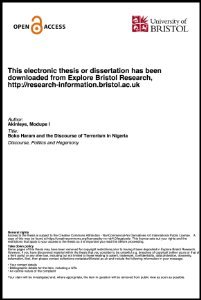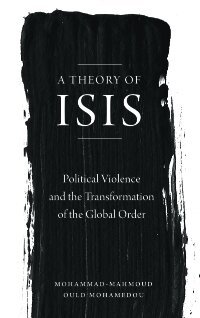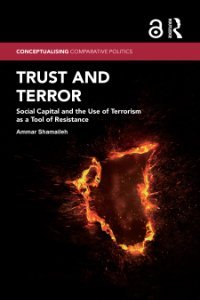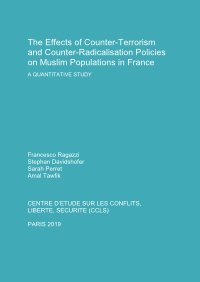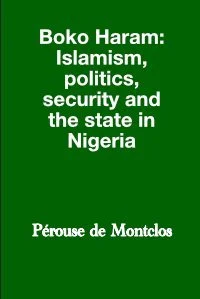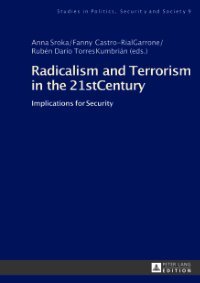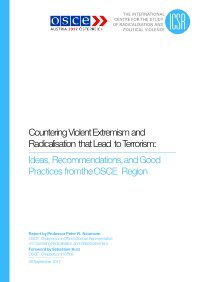By Modupe I Akinleye.
The issue of terrorism has become one of the topmost concerns of US-Nigerian Foreign policy in connection with the GWOT. As a result of the ‘shift’ of the GWOT into Nigeria, Boko Haram was proscribed as a terrorist organisation in 2013. Extant research on Boko Haram’s terrorism in Nigeria and other parts of Africa is however premised on/driven by some essentialist thoughts and thus remains normative. Yet the proscription of Boko Haram reveals both continuities and change in relation to earlier constructs of the Nigerian state and non-state actors since the Cold War. These continuities in identity constructs therefore highlight the need for a post structural thought in understanding terrorism in Nigeria particularly and Africa generally. In particular, this thesis suggests that the labelling of Boko Haram as a terrorist organisation in Nigeria reveals the continuities of Othering of actors through the signification of ‘crises’ in policy discourse. The thesis uses Bhabha’s concept of Otherness as well as Laclau and Mouffe’s Discourse Theory to understand the construction of the ‘terrorist threat’, and the ‘United States Self’, ‘the counter terrorist state’, and the ‘terrorist other’. As no known study has undertaken to show how the labelling of Boko Haram works through discursive power and politics as well as the function of silence in meta-narratives, this research is therefore significant as the focus on policy and its implementers in Nigeria helps to unveil the silence in the discursive construction of the ‘strong’ state as the state which counters ‘evil’ terrorists. However, unlike TTS which highlights the state as a possible user of terrorism, the thesis adds to the CTS by examining how the production of the discourses within which the labelling of acts and actors of ‘terrorism’ have evolved and how practices like counter-terrorism enabled by these discourses become justified and normalized.
Bristol, UK: University of Bristol, 2019. 364p.


